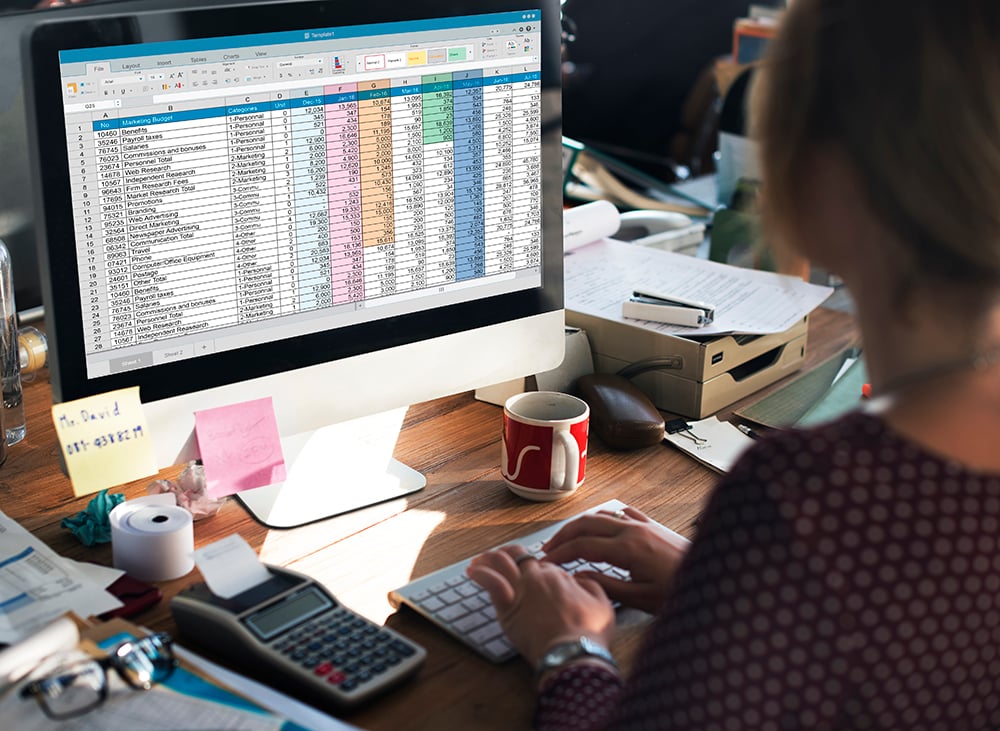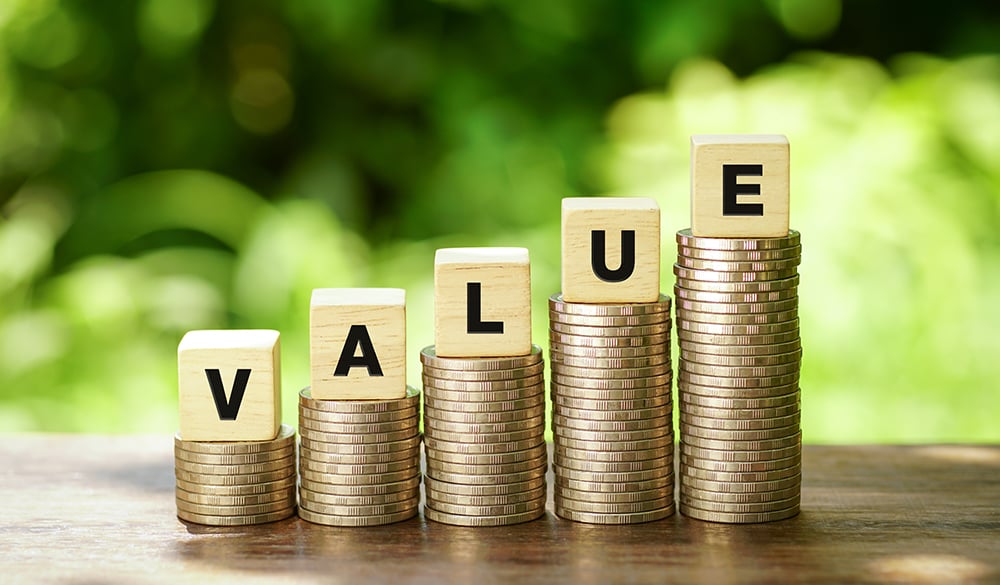
Machinery & Equipment (M&E) valuation relies in large part on understanding the new and used trade markets and developing an analysis that reasonably reflects what the particular assets being appraised would be worth in those markets. Another important component of an M&E appraisal is looking internally at the business that is or was directly involved with the most recent purchase and operation history of the equipment to understand the facts behind this.
The additional perspective an appraiser receives by learning this history is critical to making potential adjustments to the market information they research. This history provides in-depth specifics for the machinery actually being valued that can’t be disputed. Every piece of equipment is unique in its own way. There may be somewhat different specifications between the assets being valued and what is available as a comparison in the market. Materially different hours or mileage may become a factor to consider as well as any recent upgrades or refurbishments completed.
Knowing the original purchase price of the machinery, even if it was acquired several years ago, will assist in reasonably verifying that the replacement cost estimates you determine are accurate. Appraisers cannot blindly assume all the independent market information they uncover is 100% bulletproof, as sources can be limited in their ability to provide all the right answers. This is perhaps the biggest challenge in the equipment industry. Unlike business valuation, where databases and historical financial data are almost always available, or real estate, which has a tendency to provide a wide array of published comparable property resale data, the machinery markets can behave in very inconsistent ways.
You will commonly see the same makes and models of equipment, with virtually identical specifications and usage, listing and selling for vastly different prices. The auction marketplace, which reflects billions of dollars of used equipment sales annually, experiences varying levels of demand, any of which may play a part in developing values for many types of assets. With the recent growth in online auctions across these markets, these disparities can be even more pronounced.
In summary, the historical data you can provide to an appraiser that complements their independent research and analysis will be very helpful in ultimately determining a reasonable and supportable value for your M&E.





